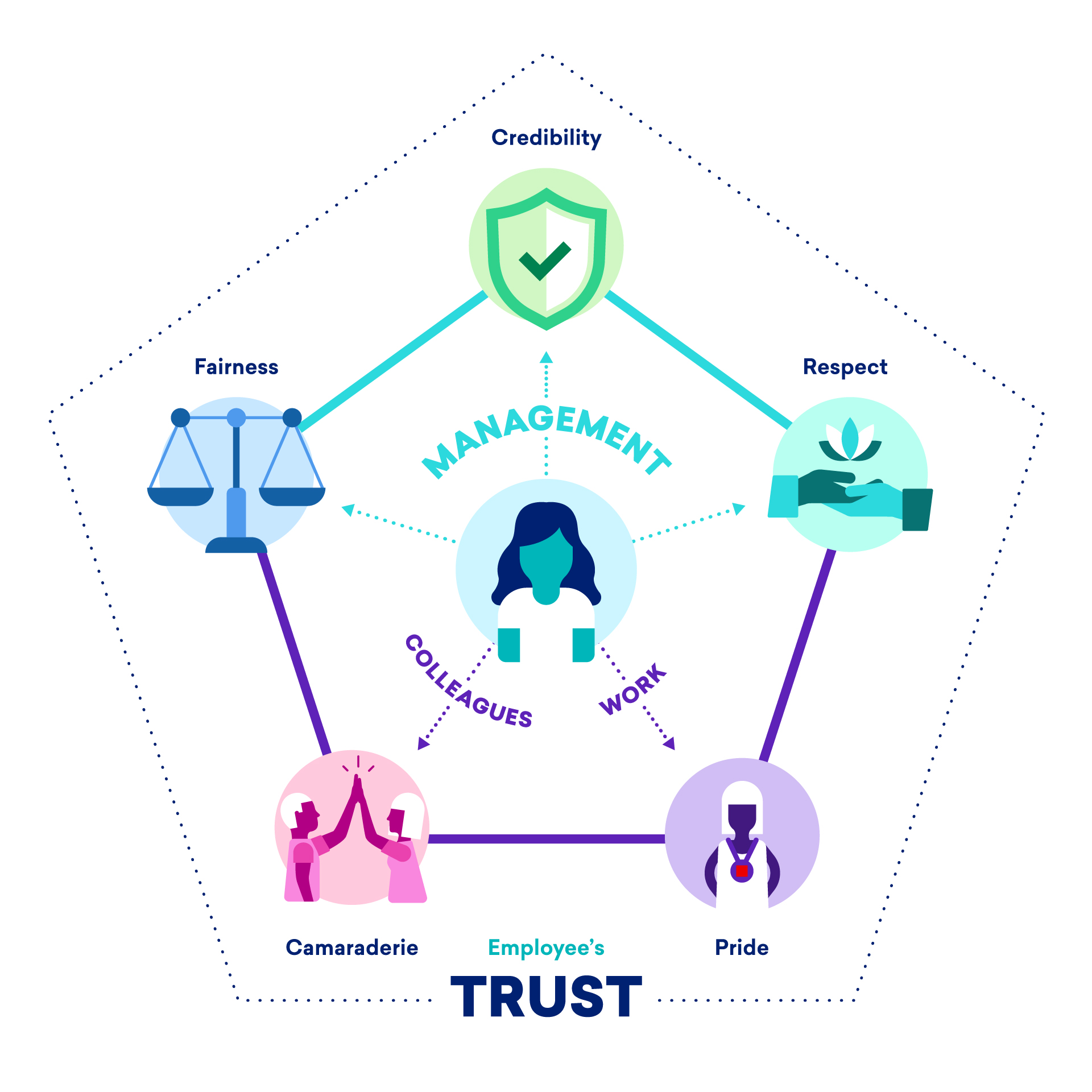How Books Are Rewiring Me
The Day I Finally Understood Why Reading Matters To Me (Dennis Irorere)

Trust is a foundational element in any successful workplace, yet it’s often elusive. We talk about it in leadership, in team dynamics, and in relationships, but what we don’t always discuss is how deeply connected trust is to our own sense of self. If you’ve ever found yourself struggling to trust your colleagues, it might not just be about them, it could also be about you.
Let’s dive deeper into that.
It’s easy to attribute a lack of trust in the workplace to external factors, maybe a colleague missed a deadline, or someone’s communication style doesn’t align with yours. But what if the root cause of that distrust lies within? If you’re dealing with imposter syndrome, the problem might not be that you don’t trust others, it might be that you don’t fully trust yourself.
Imposter syndrome makes us feel like we’re not good enough, no matter how much we’ve achieved. It tricks us into believing that our success is just luck, or that we’re somehow less capable than those around us. When you’re constantly second-guessing your own abilities, it becomes almost impossible to trust others because, deep down, you may not feel worthy of the position you’re in.
If you don’t trust your own capabilities, how can you truly trust the competence of others who are in the same boat as you?
Think about it: if you’ve put in the proverbial 10,000 hours, the time and effort needed to become an expert in your field, shouldn’t you have confidence in your skills? And if you do, shouldn’t you also believe that the people around you, who were hired through the same rigorous process, have done the same?
When you trust yourself, your skills, your knowledge, your value, it becomes easier to extend that trust to others. You start to see that everyone on your team has also been through their own journey of learning and growth. You realize that just as you’ve earned your place, so have they.
Trust in the workplace starts with trust in yourself. If you’re constantly questioning your abilities or feeling like an imposter, it’s going to be hard to put faith in others. That’s why addressing imposter syndrome is so important, not just for your own growth, but for the success of the team as a whole.
When you work on building self-trust, you start to recognize the value you bring to the table. You realize that your contributions matter and that you’re not just a passive participant in the team’s success. This shift in mindset allows you to appreciate the expertise and contributions of others, fostering an environment of mutual trust and collaboration.
Even if you’ve built self-trust, you might still encounter situations where you don’t fully trust a colleague. Maybe they’ve dropped the ball before, or maybe their work style is different from yours. This is where open communication and accountability come in. Trust isn’t about blindly assuming everyone will always get it right. It’s about creating a space where people can own their mistakes, learn from them, and build credibility over time.
Trust also doesn’t mean overlooking red flags or ignoring performance issues. It’s about striking a balance, giving people the benefit of the doubt, but also being willing to address concerns constructively when needed.
When you trust your team and yourself, something incredible happens: you unlock new potential for growth. You stop micromanaging or feeling the need to do everything yourself. You delegate more freely, learn from others, and collaborate more effectively. Trust allows you to step out of your own silo and see the bigger picture, the collective power of the team.
The workplace is a puzzle, and every person is a vital piece. When trust is missing, those pieces don’t fit together. But when it’s present, the team becomes a well-oiled machine, where everyone is working toward a common goal. And the results? Faster progress, better solutions, and more innovation. And for you, ultimately you are free to focus on contributing where it matters.
The connection between trust and imposter syndrome is real, I’d know, because I have struggled with this in my career. If you’re struggling to trust your colleagues, take a step back and ask yourself if you truly trust your own skills and effort. Recognize that imposter syndrome can distort your view, not just of yourself, but of others too.
Trusting your team starts with trusting yourself. Once you do that, you’ll find that extending trust to others becomes a lot easier. After all, just like you, they’ve put in the hours, earned their place, and are just as invested in the success of the team.
In the end, building a high-trust environment is a win for everyone. It allows for better collaboration, deeper learning, and ultimately, greater success. So, take a deep breath, trust the process, and, most importantly, trust yourself.